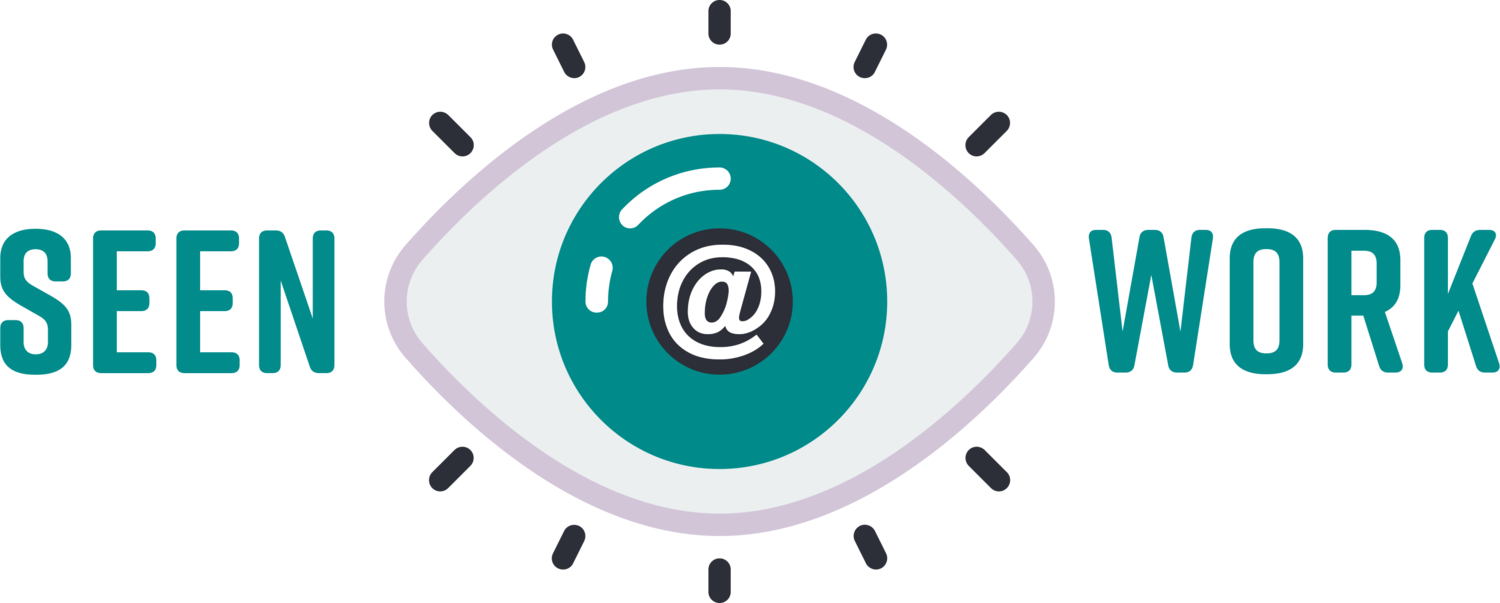6 Ways Your Company Can Invest in Black Businesses
Becoming anti-racist requires an authentic investment in the Black community. Many of company leaders consider making this investment through charitable donations, but there is a way to redirect dollars into underserved communities without donating to a non-profit. When corporate entities work with Black-owned businesses, they supply funds, mentorship, and/or practical skills to Black entrepreneurs and business owners, thus investing in the growth of the Black economy.
After the last year, many of us prioritized political action and our own continued education in the wake of our nation’s civil unrest. However, as our economy recovers from the brunt of COVID-19 shutdowns, Black-owned businesses are facing a steeper recovery journey than many others.
In fact, a report from the National Bureau of Economic Research found that “the number of African-American business owners plummeted from 1.1 million in February 2020 to 640,000 in April [2020]”. This staggering 41% drop not only represents businesses that went under, but also jobs lost and dreams deferred. In addition, the money needed to successfully re-start a business is also a privilege, one many Black people do not have due to the racial wealth gap in our country. The Federal Reserve’s 2019 Survey of Consumer Finances found that the median Black household was worth $24,100 while the median white household was worth $188,200. Investing in the Black economy is a restorative action that we can all apply to have a lasting and meaningful impact…but it must be done carefully.
“Investing in the Black economy is a restorative action that we can all apply to have a lasting and meaningful impact…but it must be done carefully.”
Build Community -
Retain and Engage Your Employees
Check out Seen@Work’s signature Circle Program.
Schedule a Consultation today.
Throughout 2020, we saw an increase in partnerships between large companies and Black-owned businesses. While these partnerships initially felt supportive, Black business owners often left feeling tokenized or taken advantage of after those engagements.
We spoke with Ruth Nakaar, CEO of Fudena a West African fast casual restaurant, on her perspective participating in one of these partnerships. She shared, “I feel tokenized a lot of the time as a Black business owner…you [only] help me until a certain point.” She continues, “Real change comes from the sacrifice of those in power…I would love to see a more sustained support. Use your platform to amplify me as well.” Fudena is not only Black-owned, they source their food from Black-owned farms, donated meals to the homeless during the pandemic and worked alongside a POC kombucha company Jambru to donate a portion of the sales from their “Green Meal Set” to three organizations that assist victims of the “War of Drugs.”
Ruth Naakar and Fudena are a testament to the fact that there is a wealth of talent in Black community. It is time for business leaders to start giving their time, energy, resources, and wisdom to Black entrepreneurs, to truly invest in their continued success.
“Real change comes from the sacrifice of those in power.”
Now, how do we get started? Below you can find some action steps your company can take to support Black businesses:
Review the appropriate databases and hashtags to find Black-owned businesses. Use databases such as WeBuyBlack, Support Black Owned, or even hashtags on Instagram such as #SupportBlackBusinesses to find Black businesses near you. (Pro Tip: WeBuyBlack offers a “Make the Switch” box that allows you to swap out basic cleaning items for Black-owned replacements!)
Turn to Black-owned businesses for your team’s catering needs. The next time you want to cater an event or host a team lunch, try ordering from or safely dining at a Black-owned restaurant. (ProTip: EatOkra is an app that helps you find Black-owned restaurants and food services.)
Track your supplier diversity. Create a dashboard or leverage apps like Concur to analyze the diversity of your suppliers. Consider setting a goal to increase your supplier diversity by investing in Black businesses.
Hold office hours for Black business owners and entrepreneurs. Open office hours for recent grads of HBCU business school students or a Black entrepreneur network like Black Founders or Black Girl Ventures, to provide advice, practical skill, and opportunities for connections, relationship building and mentorship. (Pro Tip: Keep the number of students manageable to focus on creating a sustained, genuine connection that could potentially be an opportunity for mentorship.)
Pay their rate! If you hire a Black-owned business, be sure to ask what their rate is and try not to negotiate. Black entrepreneurs are often underpaid because of the unconscious devaluation of their work. The experience of trying to defend one’s rate can be particularly emotionally harmful for entrepreneurs trying to establish themselves. (Pro Tip: Do price research, or ask for a quote, prior to committing to one business to make sure that you are choosing a business within your budget.)
Educate your team. The way that you can increase your impact is by making sure that your team understands why they should also be investing in Black businesses. Through the continued DEI education of your team, individuals can learn how to live out their anti-racist commitments when they buy their household materials, decide to eat out, or choose their next mentor. (Pro Tip: Have regular conversations at work about new products you’ve bought, restaurants you’ve tried, or the successes of the business owner you coached. These small conversations reinforce that this is a continued effort for all of us.)
Need to Train Your Employee Resource Group Leaders? Consider Bringing Seen@Work to Your Org.
Click the Image and Schedule a Consultation today.


